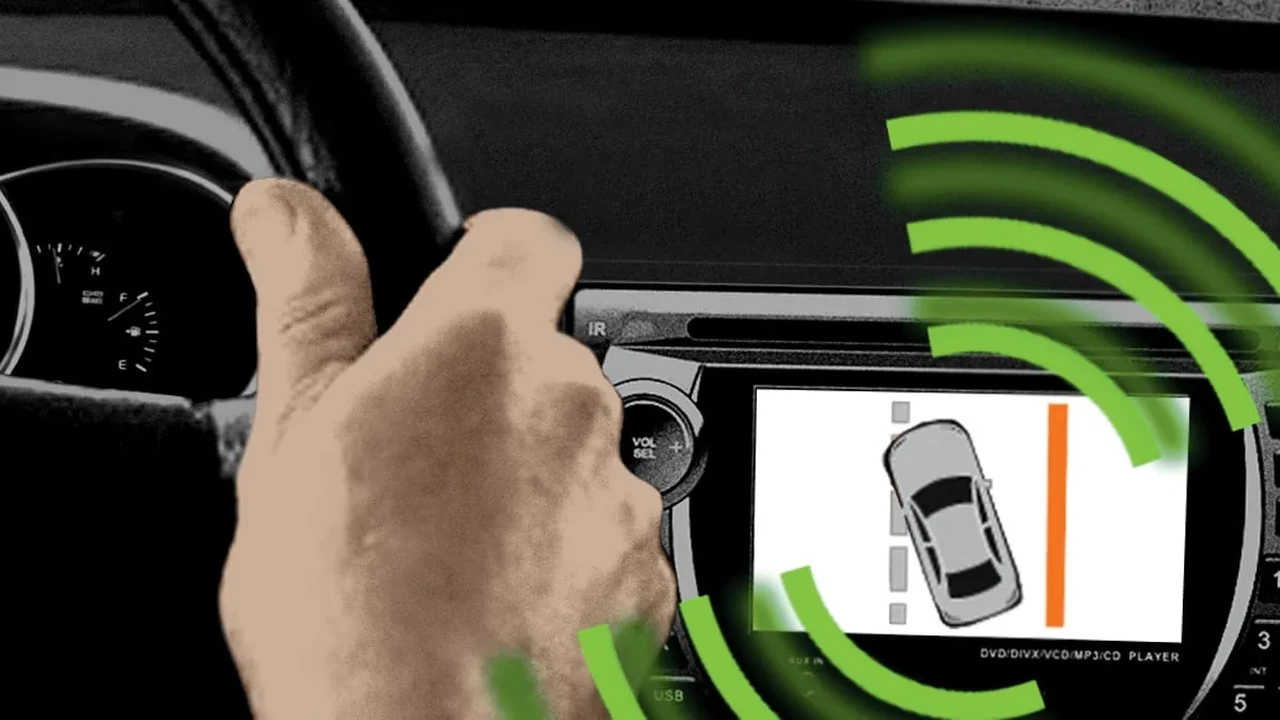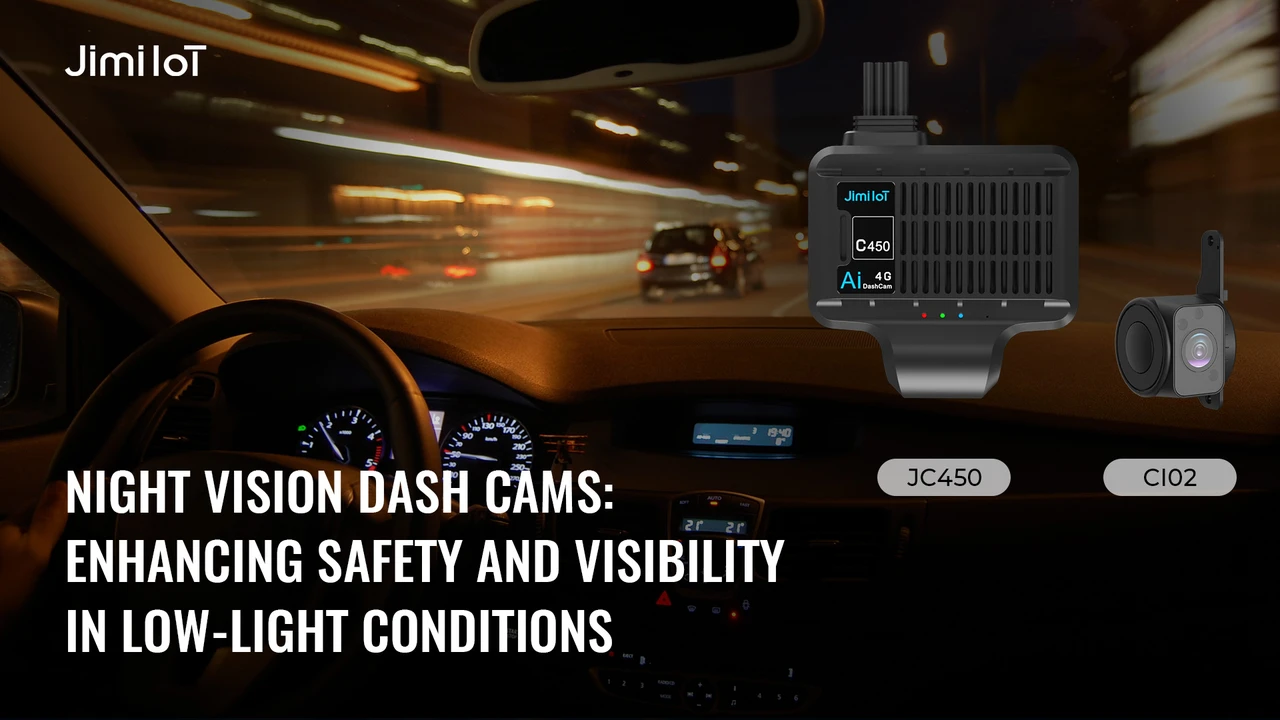Does Having a Dash Cam Lower Your Car Insurance Rates?
Sample meta description.

Dash Cam Car Insurance Discount Understanding the Basics
Okay, let's get straight to the point. You're wondering if slapping a dash cam on your windshield will magically shrink your car insurance bill. The short answer? It's complicated. While not every insurance company offers a direct "dash cam discount," the presence of a dash cam can definitely work in your favor. Think of it as a potential indirect discount, or a powerful tool in your defense.
Think about it. Insurance companies love to avoid payouts. A dash cam provides irrefutable evidence in the event of an accident. It's a neutral witness that can clearly show who was at fault. This can save the insurance company (and you!) a whole lot of money and hassle. So, while they might not advertise a discount, they certainly appreciate the added security and reduced risk.
Dash Cam Benefits Beyond Insurance Discounts Proof of Fault in Accidents
The biggest benefit of a dash cam isn't necessarily a lower premium, but the solid proof it provides after an accident. Imagine a scenario: you're at a green light, and some yahoo blows through a red and T-bones you. Without a dash cam, it's your word against theirs. Maybe there are no witnesses, or the witnesses are unreliable. With a dash cam, you have video evidence showing exactly what happened. This can be crucial in determining fault and ensuring you're not wrongly blamed for the accident.
This is especially helpful in cases of:
- Hit-and-run accidents: Catch the license plate of the fleeing vehicle.
- False insurance claims: Prove you weren't at fault if someone tries to scam you.
- Disputed accidents: Eliminate ambiguity and provide clear evidence for the insurance company.
- Vandalism: Record any damage done to your vehicle while parked.
Dash Cam Types and Features Choosing the Right One for You
Not all dash cams are created equal. You've got a ton of options out there, from basic models to feature-packed ones. Here's a breakdown of the key things to consider:
- Single vs. Dual Dash Cams: Single dash cams record what's happening in front of your car. Dual dash cams record both the front and the interior of your car. This is useful for rideshare drivers or anyone concerned about passenger behavior.
- Resolution: Higher resolution means clearer video. 1080p is generally considered the minimum acceptable resolution, but 1440p or 4K is even better for capturing details like license plates.
- Field of View (FOV): A wider FOV captures more of the road. Look for a FOV of at least 140 degrees.
- Loop Recording: This feature automatically overwrites the oldest footage when the memory card is full, so you don't have to manually delete files.
- G-Sensor: A G-sensor detects sudden impacts and automatically saves the footage from that event, preventing it from being overwritten.
- Parking Mode: Some dash cams have a parking mode that activates when your car is parked and detects motion or impact. This can be useful for catching vandals or hit-and-run drivers.
- GPS: A GPS-enabled dash cam records your location and speed, which can be helpful in accident reconstruction.
- Night Vision: Good night vision is essential for recording clear footage in low-light conditions.
- Wi-Fi Connectivity: Wi-Fi connectivity allows you to easily transfer footage to your smartphone or computer.
Recommended Dash Cam Products and Pricing
Alright, let's get down to specifics. Here are a few dash cam recommendations across different price points and feature sets, along with typical use cases and comparisons:
Budget-Friendly Options (Under $100)
- Vantrue N1 Pro Mini Dash Cam: A great entry-level option. It offers 1080p recording, loop recording, a G-sensor, and a wide-angle lens. Perfect for basic recording needs. Price: Around $60. Use Case: Everyday driving, first-time dash cam users.
- APEMAN C450 Dash Cam: Another solid budget choice with similar features to the Vantrue N1 Pro. It's compact and easy to install. Price: Around $50. Use Case: Simple recording, older vehicles.
Mid-Range Options ($100 - $200)
- Thinkware F200 Pro: A reliable dash cam with 1080p recording, parking mode, and a G-sensor. Thinkware is a well-respected brand known for its quality. Price: Around $150. Use Case: Drivers who want a reliable dash cam with parking mode.
- Garmin Dash Cam Mini 2: Super small and discreet, this dash cam offers 1080p recording, voice control, and automatic incident detection. Price: Around $130. Use Case: Drivers who prefer a compact and unobtrusive dash cam.
High-End Options (Over $200)
- BlackVue DR900X-2CH: A top-of-the-line dual dash cam with 4K recording, front and rear. It includes parking mode, cloud connectivity, and a sleek design. Price: Around $500. Use Case: Professional drivers, rideshare drivers, anyone who wants the best possible video quality and features.
- Nextbase 622GW: This dash cam boasts 4K recording, image stabilization, what3words location services (for precise location sharing in emergencies), and Alexa integration. Price: Around $350. Use Case: Tech-savvy drivers, those who prioritize safety and emergency features.
Dash Cam Comparison Table
To help you visualize the differences, here's a quick comparison table:
| Dash Cam Model | Price (Approximate) | Resolution | Key Features | Use Case |
|---|---|---|---|---|
| Vantrue N1 Pro | $60 | 1080p | Loop Recording, G-Sensor | Entry-Level, Basic Recording |
| APEMAN C450 | $50 | 1080p | Compact Design, Easy Installation | Simple Recording, Older Vehicles |
| Thinkware F200 Pro | $150 | 1080p | Parking Mode, Reliable Brand | Reliable Recording, Parking Security |
| Garmin Dash Cam Mini 2 | $130 | 1080p | Voice Control, Compact Size | Discreet Recording, Easy to Use |
| BlackVue DR900X-2CH | $500 | 4K (Front & Rear) | Dual Cam, Parking Mode, Cloud Connectivity | Professional Drivers, Premium Features |
| Nextbase 622GW | $350 | 4K | Image Stabilization, what3words, Alexa | Tech-Savvy, Emergency Features |
Dash Cam Installation Tips and Best Practices
So you've picked out your dash cam. Now what? Installation is usually pretty straightforward. Most dash cams come with a suction cup or adhesive mount that attaches to your windshield. Here are a few tips:
- Placement: Mount the dash cam behind your rearview mirror so it doesn't obstruct your view.
- Power: Most dash cams plug into your car's cigarette lighter (12V outlet). You can also hardwire the dash cam for a cleaner look and to enable parking mode.
- Cable Management: Use the included cable clips to neatly route the power cable along your windshield and dashboard.
- Memory Card: Use a high-quality microSD card that's compatible with your dash cam. Check the manufacturer's recommendations.
- Test Footage: After installation, test the dash cam to make sure it's recording properly.
Dash Cam Insurance Policy Considerations Reporting Your Dash Cam to Your Insurer
Even if your insurance company doesn't offer a specific dash cam discount, it's still a good idea to let them know you have one. They might appreciate the added security and be more willing to work with you in the event of an accident. It can also demonstrate your commitment to safe driving.
When you contact your insurer, ask them about their policies regarding dash cam footage. Some insurers may require you to provide the footage to them after an accident, while others may only request it if there's a dispute. Understand their protocol beforehand.
Dash Cam Footage Legal Aspects and Privacy Concerns
While dash cam footage is generally admissible in court, there are a few legal and privacy considerations to keep in mind:
- Audio Recording: Some states have laws about recording audio without consent. Check your local laws before enabling audio recording on your dash cam.
- Privacy: Be mindful of recording people without their knowledge or consent. Focus on recording the road and your surroundings.
- Data Security: Protect your dash cam footage from unauthorized access. Consider using a password-protected memory card.
Dash Cam and Safe Driving Habits Encouraging Responsible Behavior
Ultimately, a dash cam is just a tool. It won't magically make you a better driver. However, knowing you're being recorded can encourage you to be more mindful of your driving habits. It can act as a constant reminder to follow traffic laws, avoid distractions, and drive defensively.
Think of it this way: you're less likely to speed, run a red light, or text while driving if you know you're being recorded. A dash cam can help you become a safer and more responsible driver, which is beneficial for everyone on the road.
:max_bytes(150000):strip_icc()/277019-baked-pork-chops-with-cream-of-mushroom-soup-DDMFS-beauty-4x3-BG-7505-5762b731cf30447d9cbbbbbf387beafa.jpg)






